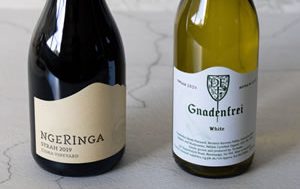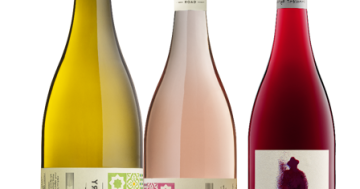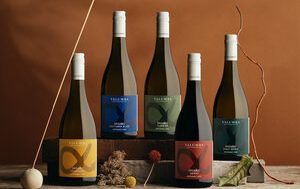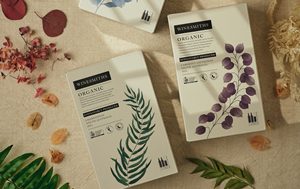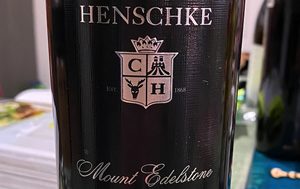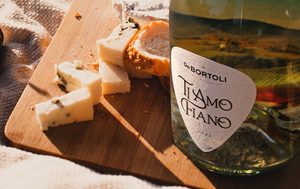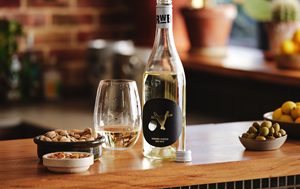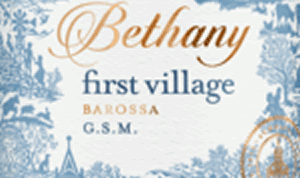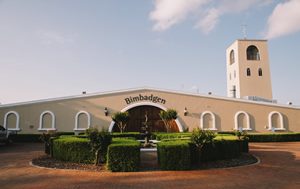By Christine Salins.
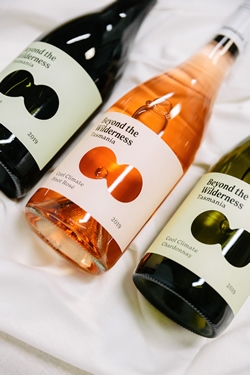
Beyond the Wilderness organic range from Coles
Although organic wines are still a niche market in Australia, there’s definitely a growing interest in them. As people become more interested in where their food comes from, they also increasingly want to know how their wine is made. Still, there’s a lot of consumer confusion as to what constitutes organic wine.
Organic wine isn’t necessarily preservative-free, nor is it necessarily vegan. Nor is it what is commonly called ‘natural’ wine. ‘Natural’ is an unofficial term referring to wine made with little intervention and few or no additives. Some ‘natural’ wines are organic but you can’t assume they are.
Organic wines are made from grapes that have been grown organically – that is, without the use of synthetic fertilisers, herbicides, insecticides or fungicides. It’s a long and expensive process obtaining organic certification, and consequently some winemakers grow their grapes organically without certifying them as such.
Biodynamic winemaking takes the process a step further, following Rudolf Steiner principles, farming by the lunar cycle, and treating the vineyard as one big living organism. That’s a whole other story.
The wines we’re looking at in this week’s column are all certified organic. Certification requires that the whole process, from growing the vines to bottling the wine, is organic.
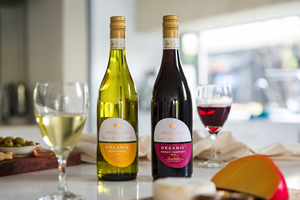
Jacobs Creek Shiraz Cabernet and Chardonnay
Jason O’Dea has been growing grapes organically in Canowindra, NSW, for 20 years and needless to say, has learnt a lot in that time. “It continues to be a balancing act between nature and the farmer,” he says. He accepts that yields are lower and believes this is the biggest barrier to more people converting to organics.
Along with the lower yields comes higher costs and a need for careful vine management to achieve optimum flavour. But in general, says O’Dea, “consumers understand that the costs are higher, and the yields are lower. Consumers understand that what you are doing is better for the environment.”
By adapting techniques to vintage conditions, his Pig in the House Shiraz has been a consistent winner at some of Australia’s leading shows. Pig in the House 2020 Organic Shiraz ($25) was reviewed some weeks ago in our Father’s Day column.
Brad Gorman, general manager of merchandise for Coles Liquor, says that for those wondering why they should make the switch to organic wines, the answer is simple: “Organic wine can be better for both the drinker and the environment.”

Pig in the House Shiraz
Responding to a growing trend globally and in-store for organic, Coles last year launched nine organic wines in its Vintage Cellars, First Choice Liquor Market and Liquorland stores. They come from three Australian wineries, Jacob’s Creek, Marron Creek and Paxton, the latter biodynamic as well.
Coles followed them up this year with a collection called Beyond the Wilderness, including a Pinot Noir, Pinot Rosé and Chardonnay from premium Tasmanian vineyards. As noted in previous columns, Tasmania has a growing reputation for its compelling cool-climate wines. They don’t come cheap, so the $25 price tag for the Beyond the Wilderness wines seems very attractive indeed.
As early as 2006, South Australia’s Angove Family Winemakers made a commitment to progressively convert all its vineyards to organic. By 2017, it had achieved that, with all family-owned vineyards in the Riverland and McLaren Vale certified organic and its Warboys (McLaren Vale) biodynamic as well.
Last year it launched a Rosé and Fiano in its Wild Olive Organic McLaren Vale range, as well as an entirely new range under the label, Naturalis, exclusively for independent liquor outlets and on-premise venues.
Jacob’s Creek Nature’s Craft 2019 Organic Chardonnay, $20: Appealing lemon and stonefruit flavours, subtle and soft with a creamy texture, perfect with seafood or for summer quaffing.
Atmata Organic Rosé 2020, $20: Launched last year by Casella, Atmata is a range of certified organic, vegan-friendly wines. This is quite a big Rosé, dry and savoury with a nice long finish of sweet red fruit. Enjoy with salads and cold cuts.
Paxton 2021 McLaren Vale NOW Rosé, $25: ‘NOW’ stands for natural organic wine but could also be taken to mean ‘drink now”. Crisp and lively with watermelon, Turkish delight, nectarine and pomegranate flavours – in other words, all sorts of yum.
Atmata Organic Shiraz 2019, $20: From Glenrowan, Victoria, soft and approachable with generous black cherry flavours and hints of pepper and vanilla. Pop some steak on the BBQ and enjoy.
Jacob’s Creek Nature’s Craft 2019 Organic Shiraz Cabernet, $20: Fresh and elegant, medium-bodied blend with rich, plummy fruit and subtle spice notes.
Twisted Sticks Organic Cabernet Sauvignon 2019, $24: A dark rich red from Salena Estate, one of Australia’s largest organic producers (it converted to organic in 2009). Blackberry, cassis and black cherry notes, with a smooth, slightly herbaceous finish.


